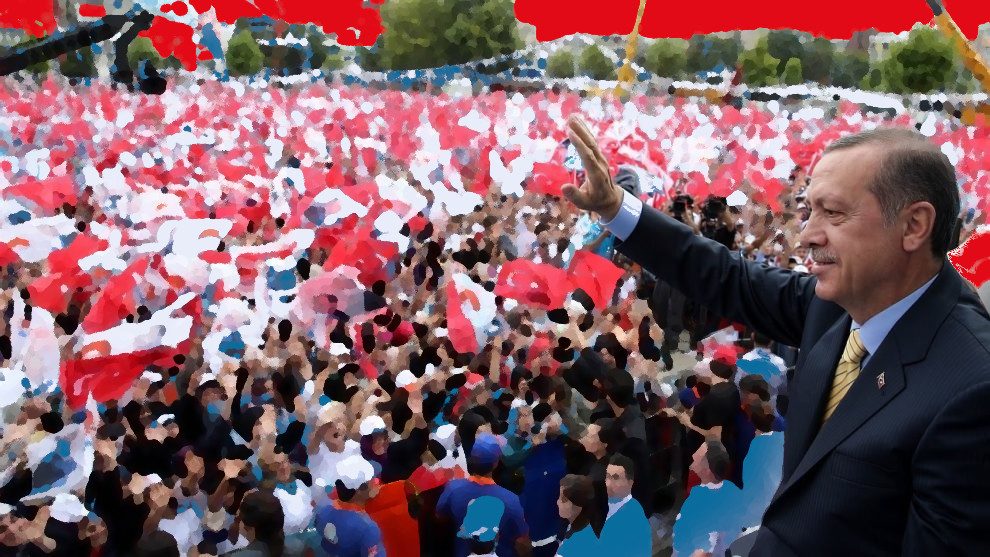During the last decade, the ruling Justice and Development Party (AK Party) has succeeded in sustaining its voting rate between 40% and 50%. This electoral achievement derives from the AK Party’s ability to produce concrete policies for the resolution of Turkey’s long-standing problems.
Before the AK Party came to power in 2002, Turkey was in a period of interregnum, when short-lived governments struggled in vain to put an end to a persistent economic crisis. Inheriting a politically unstable country, which was in a full-fledged economic crisis, the AK Party government immediately began to address Turkey’s leading problems in order of priority.
As the AK Party proved itself to be capable of resolving these problems, its voting rate consistently increased. The growing electoral support for the AK Party, in turn, created enduring political stability, which enabled the government to increase public investments and sustain Turkey’s economic growth in the 2000s.
In recent years, the AK Party government has struggled against the COVID-19 pandemic, while at the same time managing the shrinking economy by increasing public investments. In the meantime, the AK Party has come under heavy criticism of oppositional parties.
During the COVID-19 pandemic, Turkey’s oppositional parties claim that the government cannot manage the economy properly due to the failure of the judicial system and the rise of political patronage in the last decades. However, instead of offering concrete policies and thus emerging as a true alternative to the AK Party government, the political discourses of oppositional parties have concentrated on a fanatic animosity against the personality, family and values of President Recep Tayyip Erdoğan.
Yet a strong political opposition could only be built on two main pillars: criticizing the government’s policies with a systematic perspective and offering alternative policies and models in a constructive way. In the last two years, even though oppositional parties criticized the government’s policies fiercely, they have not succeeded in developing an alternative political vision for Turkey’s future.
Meanwhile, three political topics that emerged last month enabled the AK Party government to improve its connection with the electorate. First of all, the U.S. envoy, along with several others, threatened the AK Party government over the imprisonment of Osman Kavala. As this move meant an illegitimate interference in Turkey’s domestic affairs, a great majority of the people supported the government, forcing the several envoys, including the U.S. envoy to step back. Secondly, the main opposition Republican People’s Party’s (CHP) vote against extending the troop mandate for cross-border military operations created deep frustration within its nationalist and Atatürkist electorate. Finally, the AK Party government declared its resolution to support low-income families by increasing the minimum wage and assisting the victims of delayed pension age.
Opposition parties, which have been unable to create a concrete vision on the economy, laws or social and international issues, continue to concentrate their energy on developing anti-Erdoğan political discourses. This pragmatic strategy of uniting against Erdoğan is not enough to hold the oppositional front together.
During the troubled years of the COVID-19 pandemic, the AK Party did not lose a considerable number of votes. In comparison to oppositional parties, the AK Party government offers a concrete political vision, while the People’s Alliance appears to be a much stronger structure than its rival, the Nation Alliance.
Source: Daily Sabah






